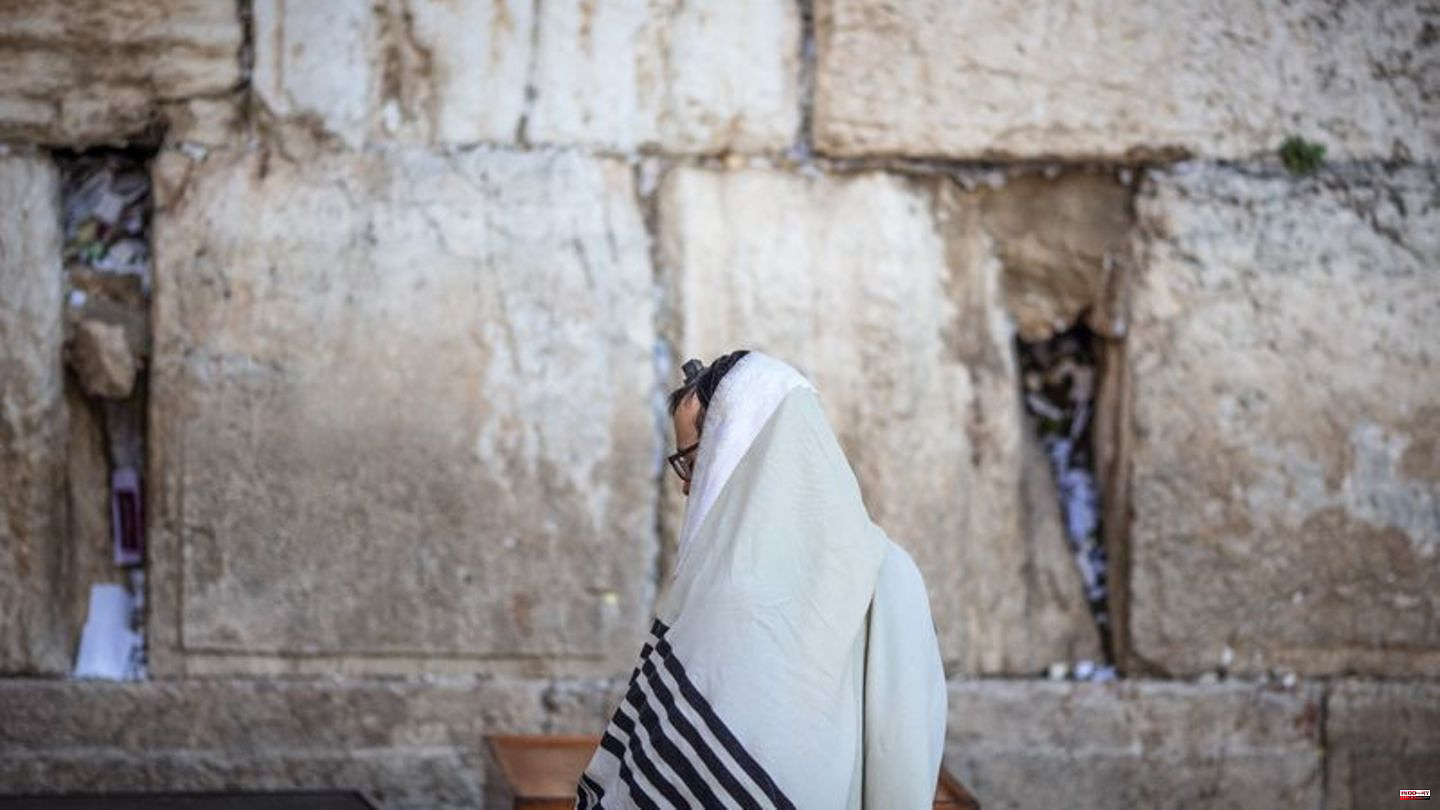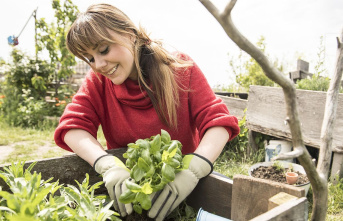They come from Ukraine and Russia, from Hamburg or Nuremberg - and live in Germany. Young people who all have one thing in common: a Jewish family background. But they are also all people who usually do not consider themselves religious at all.
The Arte report "Re: How does it actually work to be Jewish? Young Germans in search of identity" on Tuesday at 7.40 p.m. accompanies the 22 men and women on a ten-day educational trip to Israel organized by the "Taglit" institution in Jerusalem. A journey to the region where the first monotheistic world religion emerged more than 3000 years ago. And in which again - in addition to Muslims and Christians - predominantly Jews are at home.
Will the 20 to 30-year-olds, who are at least outwardly well integrated, also find a piece of their identity or their homeland there? Until the 1990s, when they were allowed to emigrate to Germany, the country of the former perpetrators, many of their families still suffered from anti-Semitism in what was then the Soviet Union.
And even today, for some, a commitment to Judaism is fraught with fear and shame. Before leaving Frankfurt (Main), for example, Janosch from Hamburg, who describes himself as an atheist, explains that he sees Judaism as an empty suitcase. You can fill it as you see fit. With religion, with cultural identity or the memory of the Shoah.
The half-hour report - an RBB production - goes with the tour group to historical biblical sites. To the Galilee, to the Golan Heights, to the Jordan, to the Masada fortress and to the Western Wall in Jerusalem - as well as to a kibbutz from the 1940s. The young trackers also experience modern life in Jerusalem and Tel Aviv. Questions, uncertainties, joy and developments can be experienced in their conversations.
Janosch reports that he surprisingly experienced a feeling of coherence when pausing with the traditional phylacteries at the Wailing Wall. The question remains as to how much of this experience the young Germans will take with them into their everyday lives.












